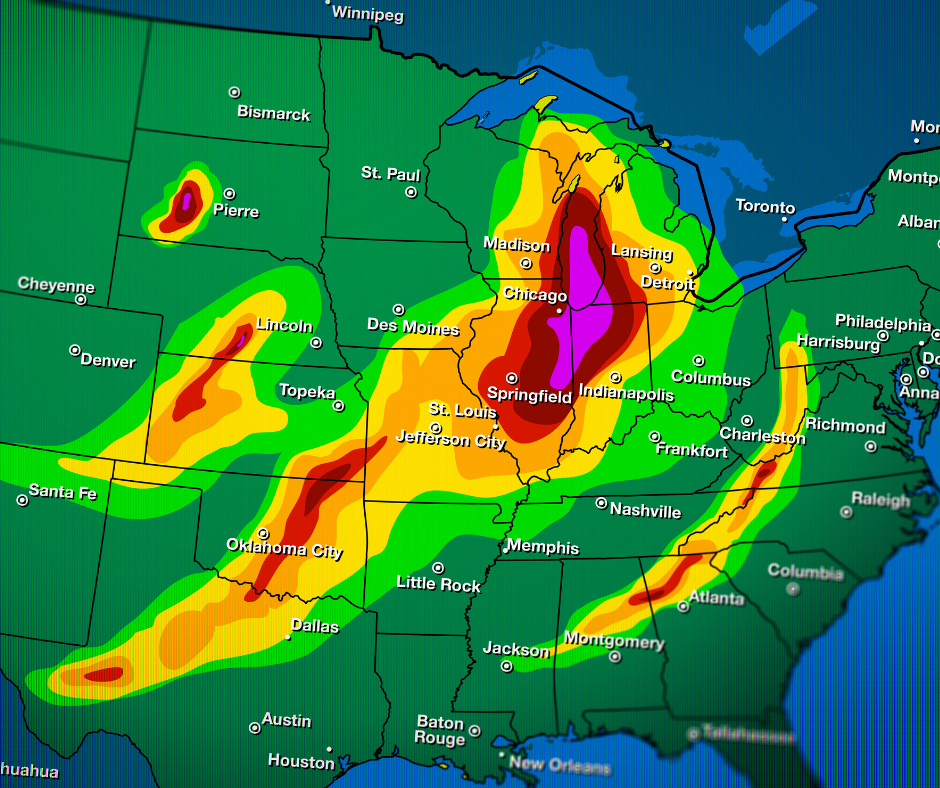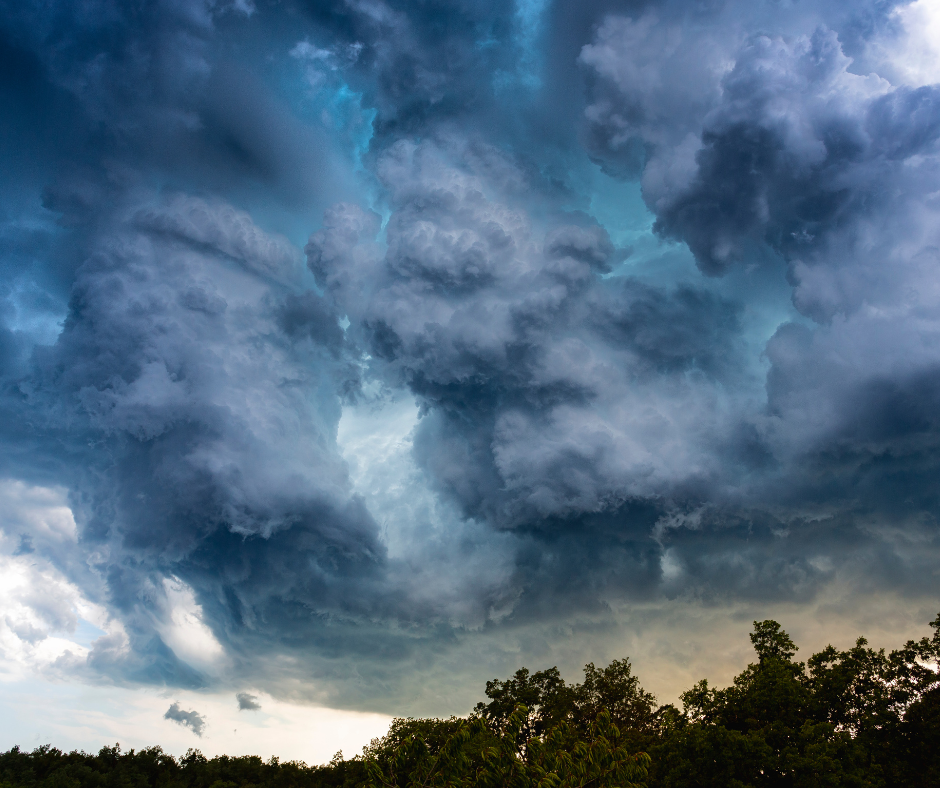Skip over navigation
Start Content
The Village of Algonquin, IL
Welcome to the website for the Village of Algonquin!
Severe Weather Preparedness
Severe weather can strike fast — know how to stay safe in Algonquin.
Severe weather—including high winds, lightning, heavy rain, extreme heat, and bitter cold—can develop quickly and impact Algonquin with little warning. The Village offers resources such as local cooling and warming centers to help residents stay safe during rapidly changing conditions.
Outdoor warning sirens are tested on the first Tuesday of each month. View the full warning siren testing schedule.

Explore Topics
Cooling Center Locations
In the event of a heat emergency, the lobby of the Ganek Municipal Center, located at 2200 Harnish Drive, serves as a cooling center during regular business hours. For those needing relief outside of these hours, the Algonquin Police Department lobby, located on the lower floor of Ganek Municipal Center and accessible from Stonegate Road, is available 24 hours a day.
In addition to local facilities, other locations throughout the area serve as cooling centers. The State of Illinois also provides a regional map to help residents locate the nearest option. Use the map to find a cooling center near you.
In addition to local facilities, other locations throughout the area serve as cooling centers. The State of Illinois also provides a regional map to help residents locate the nearest option. Use the map to find a cooling center near you.

Warming Center Locations
Warming centers are an important resource during extreme cold weather, providing a safe place for individuals to stay warm. In the event of a cold emergency, residents are encouraged to seek shelter at a designated warming center or contact local authorities for assistance.
Cold weather is often accompanied by snow and ice. Learn how the Village manages winter road conditions to keep streets safe and accessible.
Cold weather is often accompanied by snow and ice. Learn how the Village manages winter road conditions to keep streets safe and accessible.

Severe Weather Preparedness
Severe weather can develop quickly in the Algonquin area, especially during warmer months when high winds, lightning, and heavy rainfall are more frequent. Taking a few simple steps can help protect your household and property.
For more tips and printable checklists, visit the National Weather Service Preparedness Page.
- Secure Outdoor Items: Tie down or bring in patio furniture, trash bins, and anything that could become airborne in high winds.
- Seek Shelter: Head indoors at the first sign of severe weather. Avoid windows, postpone outdoor activities, and never shelter under trees or near power lines during a storm.
- Stay Alert: Use weather apps, local media, or a NOAA Weather Radio to track conditions. Monitor alerts from the National Weather Service for the most accurate and up-to-date information.
For more tips and printable checklists, visit the National Weather Service Preparedness Page.




